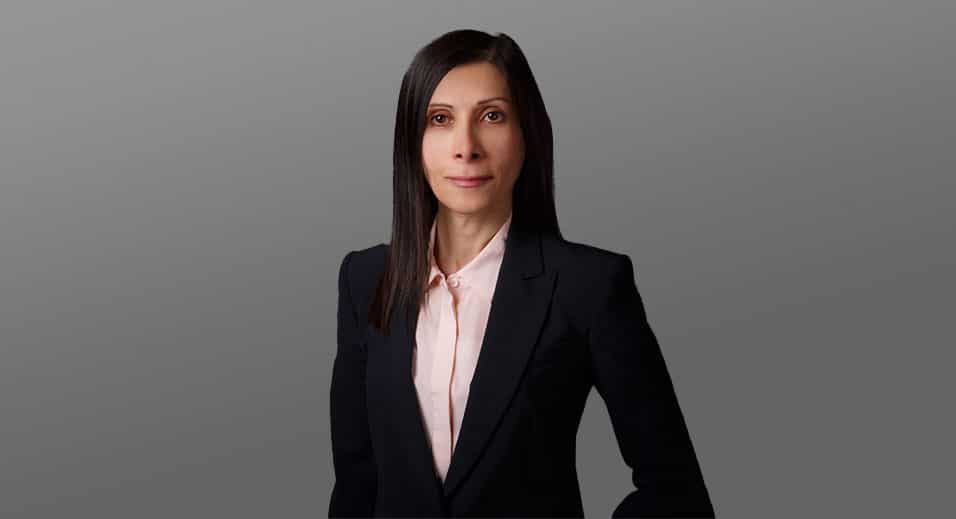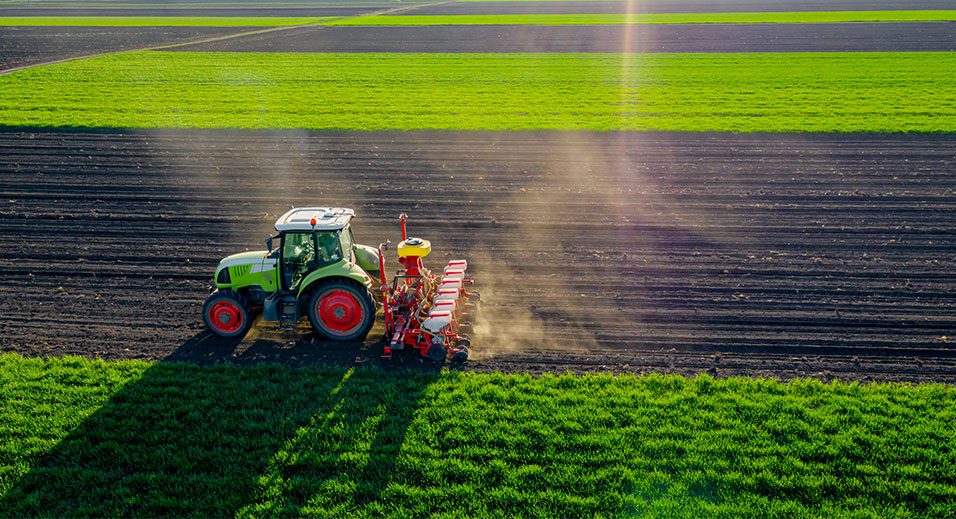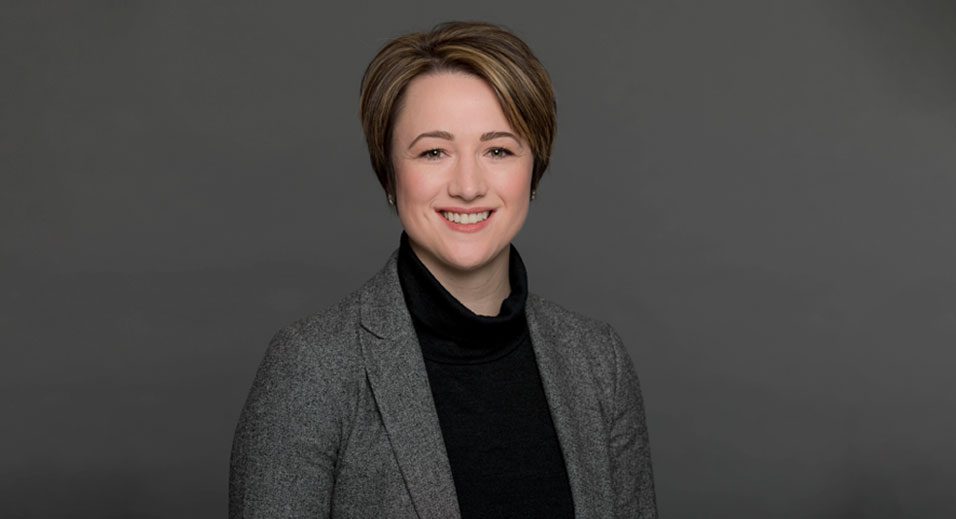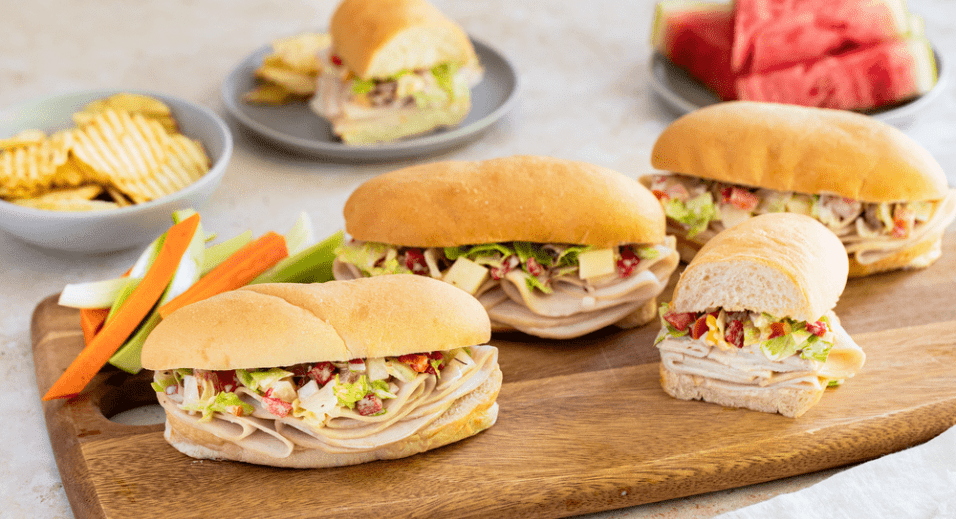Learn how Faye’s new role in our Operations Excellence System (OES) Centre of Excellence allows her to dream of the day when our organization can not only achieve but set the ‘gold standard’ for sustainability and reducing environmental footprints.
Faye Cooper is the Vice President of Asset Reliability, Industrial Engineering, and Sustainability Execution at Maple Leaf Foods, a role she holds as part of our OES Centre of Excellence under the leadership of Iain Stewart, Chief Supply Chain Officer.
In her position, Faye is responsible for the successful execution of our Sustainability and Energy Management strategy across all our factories and facilities, with the strategic goal of reducing our environmental footprints by 50% and achieving world-class manufacturing reliability.
Faye has more than 20 years of experience Manufacturing, Energy & Utilities, and High-Tech industries with senior level leadership and expertise in commercial, finance, business operations, and capital-intensive asset management. Read on to learn more about Faye’s passion for our bold sustainability goals and desire to achieve the gold standard and beyond!
What brought you to Maple Leaf Foods and what has made you stay?
What brought me here was the need for a new challenge. My leadership style is transformative, and the appeal of coming here was to use my transferable skills to create a function from scratch and transform an organizational culture around it — this was the original Asset Reliability function.
Another key factor was the culture of the company, the Sustainability purpose, and the Maple Leaf Leadership Values which seemed like an excellent fit for me — that entrepreneurial, get-up-and-go, collaborative kind of a culture.
In short, what brought me here is what has kept me here.
What does OES mean to you?
To me, Operational Excellence is a mindset; I sum it up in three concepts: continuous improvement, standardization, and waste elimination — be it in time, resources, food, or environmental impacts.
It’s how we operate and maintain our factories and keep our people and food safe to deliver value to our customers in the most effective, efficient, and sustainable manner.
As we enter our next growth focused chapter, what part will your role play as part of our OES Centre of Excellence?
There are two key levers within my role that tie closely to the growth strategy.
- Asset Management & Reliability, which owns the OES pillar for Plant Maintenance, serves the growth strategy by ensuring that:
– Our factories run reliably to fill customers’ orders;
– Our investments in new/existing physical assets are protected;
– Our standardized program gets deployed with agility. - Sustainability Execution, which underpins all OES pillars, works to ensure that we minimize our environmental footprints and waste while growing, regardless of the growth potential.
If we fast forward three years, what do you hope you will have accomplished in that time through your role?
In a three-year timeline, I would like to have fully executed on our sustainability strategy, matured our business processes by integrating sustainability within it, and achieved world class manufacturing reliability.
This is a very tall and ambitious order, and we’re well-positioned to be propelled into the next level of maturity.
In your expanded role, you’re tasked with the leadership of Asset Reliability, Preventative Maintenance in our OES pillars, and now Sustainability Execution. What exactly does your new role involve?
Simply put, my role is to ensure our factories run reliably and sustainably, to serve our customers while protecting our assets and reducing our environmental footprints and waste!
It involves some blue-sky thinking, a great degree of long-term strategic planning, and plenty of mid/short term tactical execution, which lead our factories to achieving and sustaining winning results in the most efficient, effective, and environmentally sustainable way.
What sustainability commitments are you focusing on at the plant level? What are the benefits/outcomes that you hope to achieve?
The current focus is on our commitment to reduce our environmental footprints — electricity, natural gas, water, food loss waste, solid waste — by 50%. In parallel, developing the required processes and governance to ensure the results will stick.
This is an imminent focus for the plants as the benefits are multi-facetted. For example, reducing food loss waste in factories directly contributes to increased production, and reduced utilities consumption, emissions, and landfill diversion. I call this a multi-dimensional win for the planet, people, and business.



